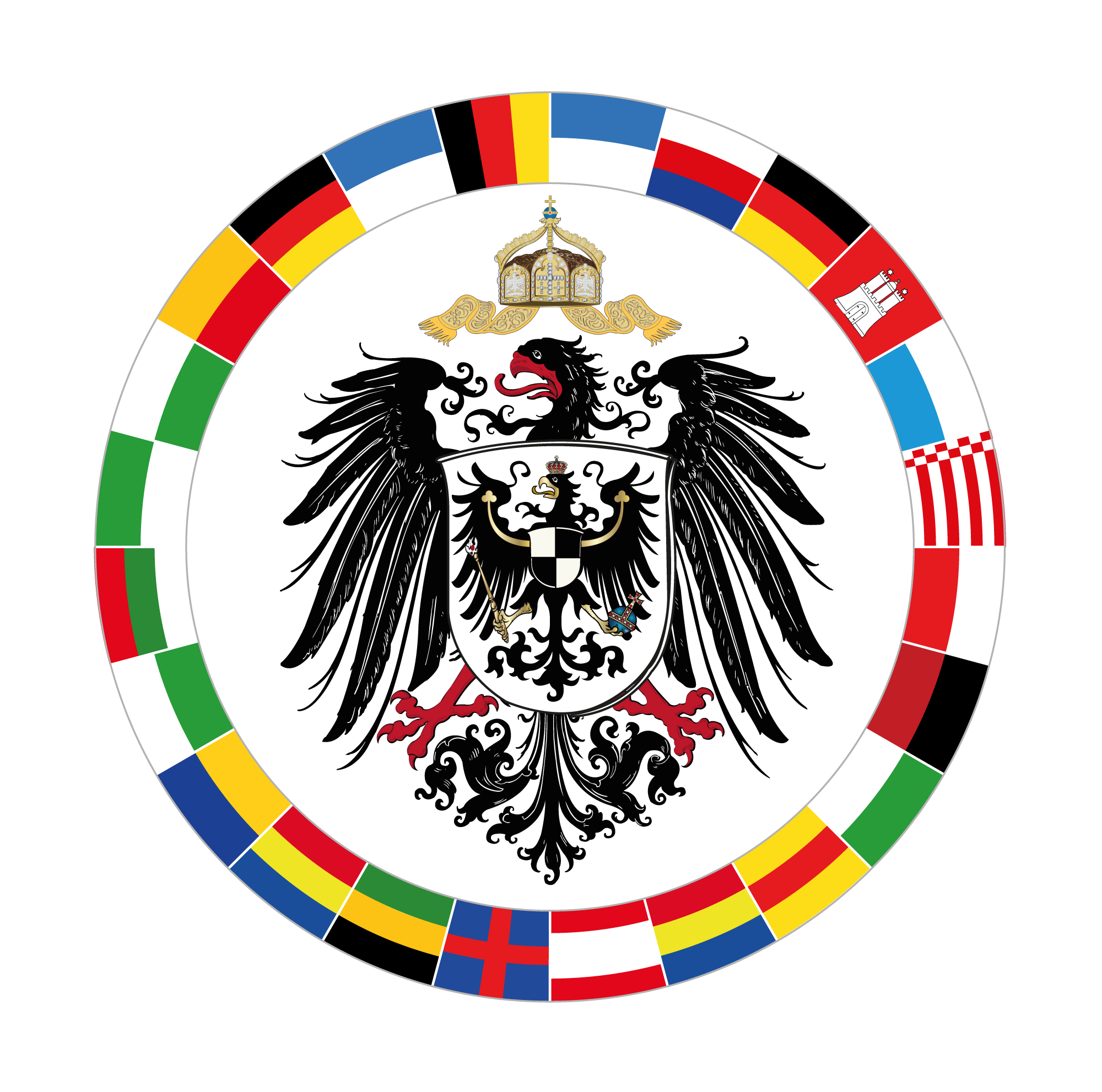190 WILHELAM DER SIECREICHE
announced a great victory and the “ Baptism of Fire of
his son Louis. Nothing important happened on Wecd-
nesday August 3. On the following day the crown-prince
Frederick of Prussia surprised a French army at Weissen-
burg, which was compelled to retrcat. Two days later
the Crown-prince, who had boldly marched into French
territory, attacked Alackhlahon at Wörth and utterly de-
feated him. On the same day Prince Frederick Charles
tock the heights of Spicheren by storm. The French
now retreated to Lorraine, where on August 14, 16 and
18 three great battles were fought, in all of which the
CGermans were victorions. The king himself conducted
the last of these three battles at St. Privat or Gravelotte,
by which the French army was compelled to fall back on
Metz. The CGermans had lost at least 20, 000 men in
killed and wounded, but Moltke had attained his object—
to shut up as many troops as possible in Aletz. This
strong fortress was now invested, and the crown-prince
advanced on Paris without delay. Macahon had, how-
euer, turned northwards in order to relieve Metz. This
Project was frustrated, and MacMahon was compelled to
retreat to Scdan.
IX (pp. 51—60)
On September I a great oDattle was fought at Sedan.
The German army completely surrounded the French
troops and drove them into the little fortress on tbe Meuse,
their Emperor among them. The next day Napoleon
capitulated with 83,000 men, and was sent to the castle
#of Wilhelmshöhe near Kassel, as prisoner of war. His
army was transferred to German fortresses. As scon as
the disaster of Sedan became known, the Empress fled to
England, and the Republic was proclaimed in Paris.
Jules Favre and Gambetta were placed at the head of the
new Covernment of National Defence.) This govern--
ment determined to carry on the war with the utmost
eenergy, and declared that not a focot of French soil should




